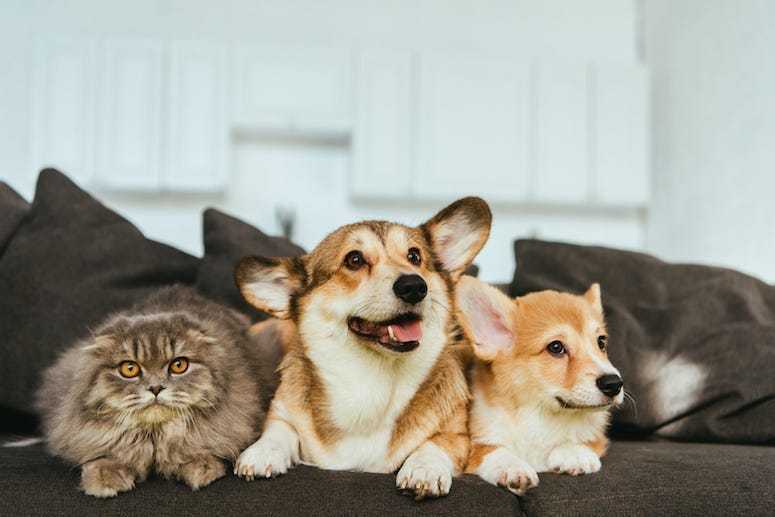
They can, however, carry their own strains of coronavirus, according to Dr. Harvey Rubin, professor of medicine and computer science with a specialty in infectious disease at the University of Pennsylvania.
"So we have this thing called host range. Certain viruses and certain coronaviruses have a host range. They'll infect ducks, they'll infect dogs. But the host range is restricted to that host," Rubin explained.
Rubin says viruses do mutate and they can then change their host range, something that hasn't happened in the new coronavirus.
"So nobody can actually predict short of looking at the virus sequences how much mutation you actually need to change the host range," Rubin added.
Nasal, oral and rectal samples from the dog in question tested "weak positive" for the new coronavirus.
It was not sickened.
